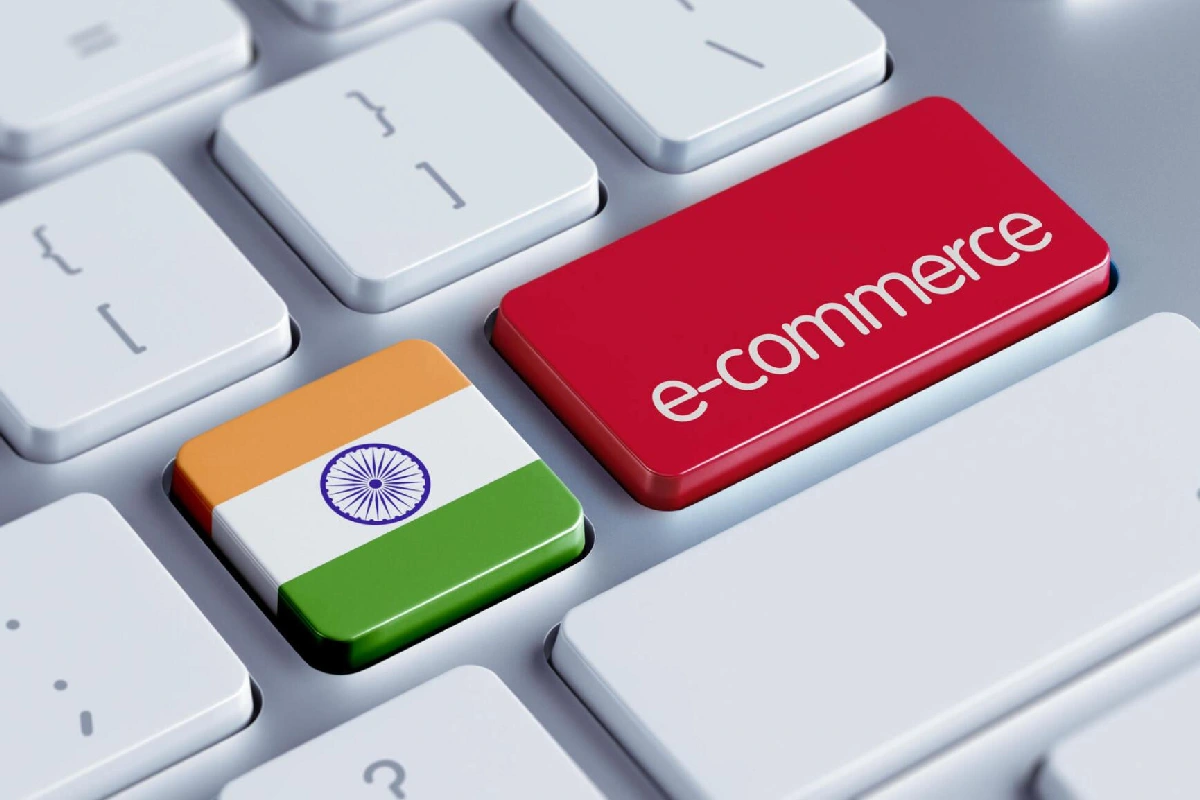There are several uses for the application of e-commerce in this industry. E-retailing primarily involves the B2C, and occasionally the B2B, sale of goods and services through online stores created using electronic catalogues and virtual shopping carts. M-commerce, also known as mobile commerce, is a subset of retail e-commerce in which customers use mobile devices to buy products and services on a retailer’s mobile-optimized website. These merchants employ the electronic payment method, which allows them to take payments without generating paper invoices or receipts using credit or debit cards, online wallets, or Internet banking.
E-commerce’s two most popular use cases are retail and wholesale.

There are several uses for e-commerce in this industry. E-retailing primarily involves the B2C, and occasionally the B2B. Sale of goods and services through online stores created using electronic catalogues and virtual shopping carts. M-commerce, also known as mobile commerce, is a subset of retail e-commerce in which customers use mobile devices to buy products and services on a retailer’s mobile-optimized website. These merchants employ the electronic payment method. Which allows them to take payments without generating paper invoices or receipts using credit or debit cards, online wallets, or Internet banking.
Application of E-commerce – Finance
Banks and other financial institutions are heavily utilising e-commerce. Customers can use internet banking to pay bills, and transfer money to other accounts owned by them or others. Check account balances, pay insurance premiums, and more. Online stock trading is another option available to people. Websites that provide news, charts, performance reports, and analyst ratings of businesses can provide people with information about stocks to trade in.
Application of E-commerce – Manufacturing
E-commerce will also be used in supply chain operations; often, a small number of businesses band together to develop an electronic exchange that facilitates buying and selling items, sharing market data, and sharing back office data like inventory control and other activities. It makes it possible for raw materials and completed goods to move quickly between member companies and other enterprises.
Application of E-commerce – Booking online
Most of us have booked hotels, vacations, plane tickets, travel insurance, etc., at some point. An internet booking engine, or IBE, enables these bookings and reservations. The aircraft, travel, and hotel industries utilise it the most.
Application of E-commerce – Web Publishing
It refers to the creation of growing digital libraries and the digital publication of books, periodicals, and catalogues.
Online Marketing

Online advertising includes a publisher and an advertiser and uses the internet to distribute marketing materials to customers. The publisher incorporates advertisements into online material from the advertiser’s supply. In addition, many creative companies design advertisements and even assist with placement. There are several forms of advertisements, such as pop-up advertising, retargeting, banner ads, social media ads, and search engine marketing.
Application of E-commerce: Online auctions, which will be conducted using e-commerce technology, bring together many It makes it possible for more individuals to participate in auctions. Bidding for tickets on an airline website is another example of an auction; depending on how much a traveller is prepared to pay, window seats and those up front with extra leg space will typically be offered at a premium.
Today, e-commerce is pervasive; as a business owner, you should enter this sector if you want to widen your markets, attract new clients, and boost your profitability.



